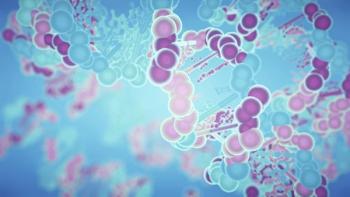
Shephard Mpofu, MD, part of the Novartis Gene Therapies leadership, shared his thoughts on the latest phase 3 data on onasemnogene abeparvovec (Zolgensma) from the SPR1NT trial.

Shephard Mpofu, MD, part of the Novartis Gene Therapies leadership, shared his thoughts on the latest phase 3 data on onasemnogene abeparvovec (Zolgensma) from the SPR1NT trial.
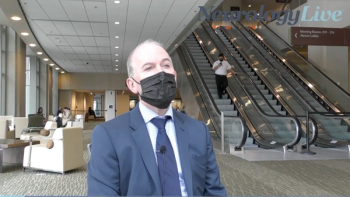
Peter J. McAllister, MD, FAAN, presented promising data from the phase 2 STEMTRA trial at AAN 2022.
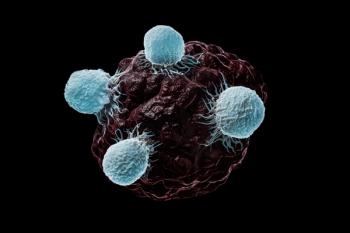
While the lower IV dose was generally well-tolerated, the higher dose yielded cases of serious cytokine release syndrome.
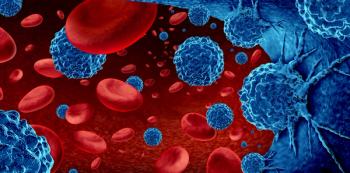
The phase 1, investigator-initiated trial continues to recruit participants with B-ALL.
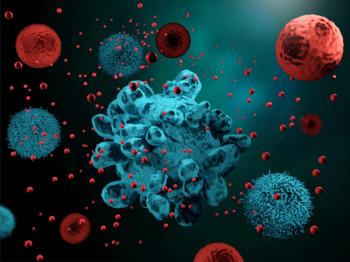
The novel regimen from BioNTech demonstrated encouraging results in patients with testicular or ovarian cancer.
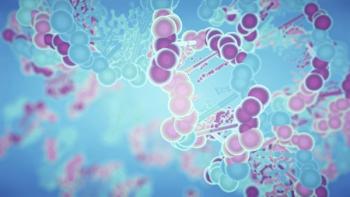
AFM13 is currently also being evaluated on its own in lymphoma in a phase 2 registrational study.

The first in-human phase 1 clinical trial is being conducted in Japan.

Data presented at MDA 2022 show improvements in motor and pulmonary function and patient-reported outcomes.

Sarepta also presented updated data from Study 101 of SRP-9001 at MDA 2022.
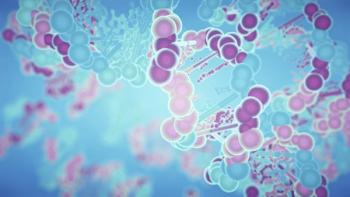
New data presented at MDA 2022 showcased positive motor and bulbar function data.
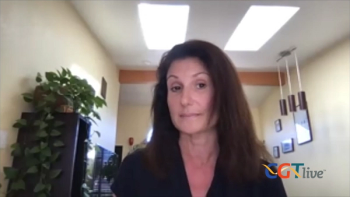
The associate professor from UC San Diego discussed the ongoing phase ½ trial of CTNS-RD
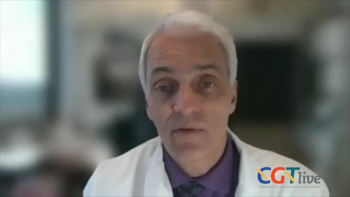
The clinical professor of medicine, Helen Diller Family Comprehensive Cancer Center, UCSF, discussed potential effects of cilta-cel's approval.
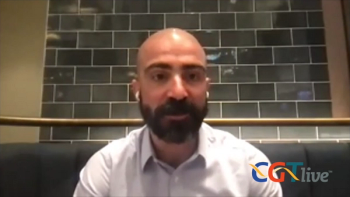
The director of research and development at AVROBIO discussed the molecular follow-up of cell therapies.
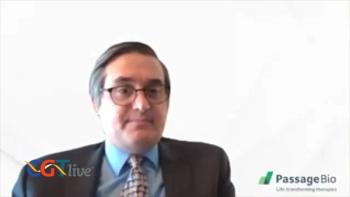
The senior vice president of clinical development at Passage Bio discussed biomarker activity seen in the IMAGINE-1 trial.
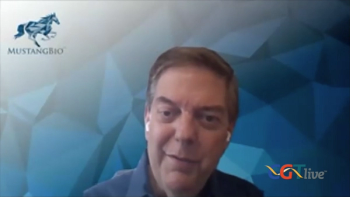
The senior vice president and head of clinical development at Mustang Bio discussed the importance of Rare Disease Day.
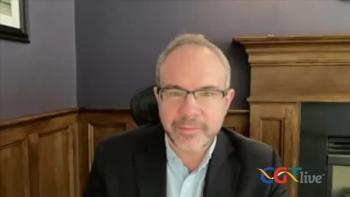
The cofounder and chief scientific officer of Cartesian Therapeutics discussed the importance of Rare Disease Day.
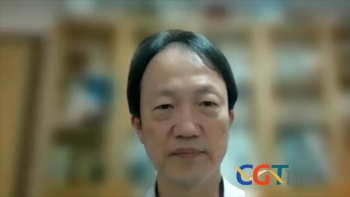
The professor from National Taiwan University Hospital discussed the importance of Rare Disease Day for raising awareness.
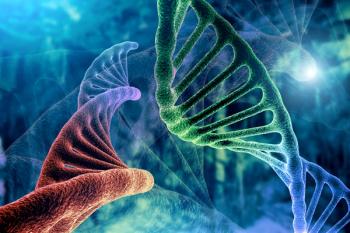
Clinical and industry leaders share their perspectives on the importance of collaboration in developing treatments for rare diseases.
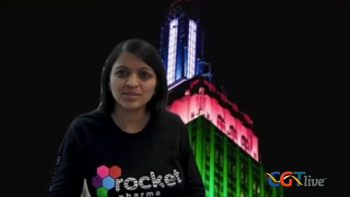
The president and chief operating officer of Rocket Pharmaceuticals discussed the importance of Rare Disease Day.
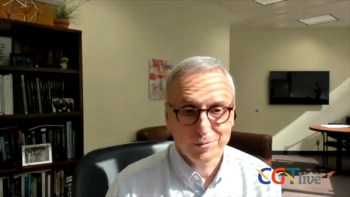
The director of the Powell Gene Therapy Center at the University of Florida discussed the importance of Rare Disease Day.
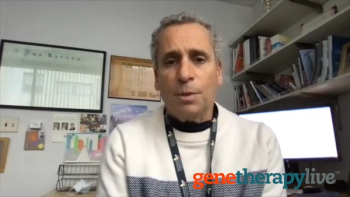
The director of the hemostasis and thrombosis program at Children’s Hospital Los Angeles discussed mitigation strategies in trials and clinic.

The trial design was informed by both patient and physician perspectives.
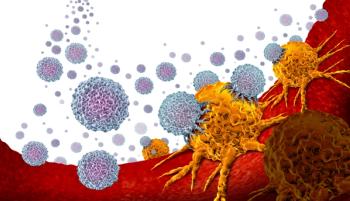
The trial, sponsored by Mustang Bio, will continue to enroll patients and doses will be escalated to 300 million cells.
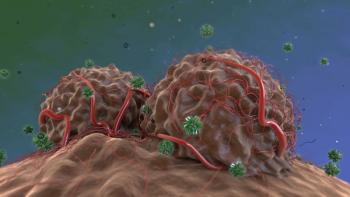
Interim data from the SPOTLIGHT study were presented at the ASCO GU Symposium.

Updated data were presented on LYS-SAF302 and LYS-GM101 at WORLDSymposium.

The director of research and development at AVROBIO discussed the analytical pipeline the company has developed for molecular follow-up of cell therapies.
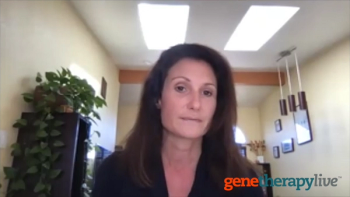
The associate professor from UC San Diego discussed the curative potential of gene therapy in cystinosis.

Passage Bio presented data on both the Krabbe and GM1 gangliosidosis programs at WORLDSymposium.

Interim safety data from the FORTIS study were presented at WORLDSympsoium.
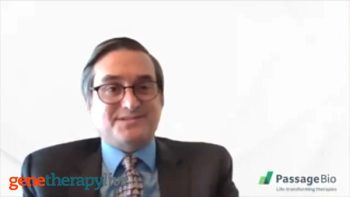
The senior vice president of clinical development at Passage Bio discussed new data from the IMAGINE-1 trial presented at WORLDSymposium.